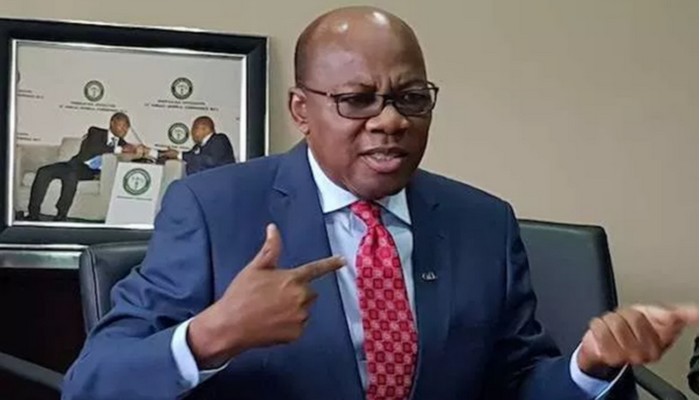Reimagining Governance in Nigeria: A Post-Western Democratic Framework By Dr. Lisa Agbakona

Nigeria has operated a Western-style democratic system that has unfortunately failed. The adversarial, winner-takes-all model has divided us. Despite more than two decades of democratic experience, Western-styled democracy has not delivered stability, development, or national cohesion that Nigerians desperately need.
The Failure of Imported Democracy
The Western democratic model has faltered in Nigeria for several critical reasons. Its adversarial nature has intensified divisions. It has enabled systemic corruption and elite capture of state institutions. Electoral processes are frequently marred by violence and irregularities. Judicial independence is far from perfect. Opposition parties are absolutely weak. The complaint about an impending one party “state” is due to extremely disorganized opposition.
Nigeria has oscillated between authoritarian, semi-authoritarian, illiberal, and has never reached liberal democracy.
The Economic Dimension
Democratic failure in Nigeria is linked to our adopted Western capitalist model, where returns on political capital vastly outweighs returns on development. The Nigerian economy is very extractive. There is simply no incentive for genuine development. Resource control yields greater rewards than productive enterprise. For meaningful development to occur, the return on development must exceed the return on political rewards. The political model of the West, driven by capital accumulation is most unhelpful.
Time for a New Democratic Model?
I believe it is time to develop a new democratic model that draws on indigenous governance traditions. Our diverse sociopolitical structure demands a more context-sensitive approach that deepens local autonomy while encouraging inclusive national power-sharing.
I propose we consider several alternative frameworks that might work better?
Cooperative Federalism
Cooperative federalism could provide immense benefits while we work towards comprehensive restructuring. This model allows states and the federal government to collaboratively develop infrastructure and natural resources, applying the principle of subsidiarity to incorporate governance closest to the people.
Consider these untapped opportunities: Ondo State possesses one of the world’s richest bitumen deposits. Enugu has globally significant coal reserves. Ebonyi holds valuable salt mines worth approximately ₦14 billion. The North Central is awash with critical minerals, the Niger Delta is drowned in oil resources, etc.
By cooperative federalism, states could collaborate with the federal government to harness these resources, in a win-win situation that incentivizes development.
Consociational Democracy
Belgium, Switzerland, and Lebanon offer instructive examples of consociational democracy—a power-sharing model specifically designed for deeply divided societies. Key features include Grand Coalitions to ensure all major social groups have representation in executive governance; Mutual Veto protecting minority interests from majority domination; Proportionality providing fair representation across parliament, public service, and budget allocation; and Segmental Autonomy allowing groups to manage their own cultural, educational, and religious affairs.
Nigeria already has some aspects of consociational democracy – the Federal Character Principle, zoning, and rotational presidency, but these lack proper institutionalization.
The Path Forward
A reimagined Nigerian governance framework should retain national unity on matters of common interest. But substantial power should devolve to the regions. Most important, economic incentives that reward development over extraction, must be adopted.
The 1963 Republican Constitution, which allowed regions to express their unique identities while contributing to national development, offers valuable lessons. The South produced cocoa, the North groundnut, and the East palm oil—each region leveraging its comparative advantages.
Nigeria’s future lies not in blindly replicating Western models but in creatively adapting governance systems that reflect our historical experience, cultural diversity, and developmental aspirations. The time for this reimagining is now. Out with the Western model of democracy and capitalism!
Dr Olisa Agbakoba, SAN
Senior Partner,
Olisa Agbakoba Legal (OAL)






